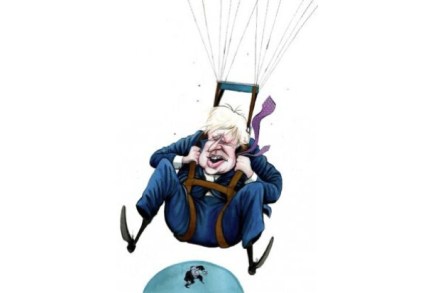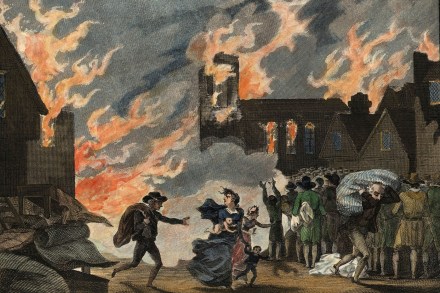What more does Boris Johnson need to do to be taken seriously?
Boris Johnson has spent his adult life being underestimated and sneered at. But today’s attack by Tim Farron, the leader of what remains of the Liberal Democrats, rather takes the biscuit. Today it emerged that, with Theresa May in Switzerland and Philip Hammond out of the country, Boris is running the British government. So Farron pipes up to say: Putting Boris Johnson in charge of the country is like putting the Chuckle Brothers in charge of Newsnight. Still, at least if he’s here, he’s not in Rio offending everyone he meets – and there’s always Larry the cat to stop him doing anything silly. But Boris Johnson is arguably more qualified than anyone in any


















